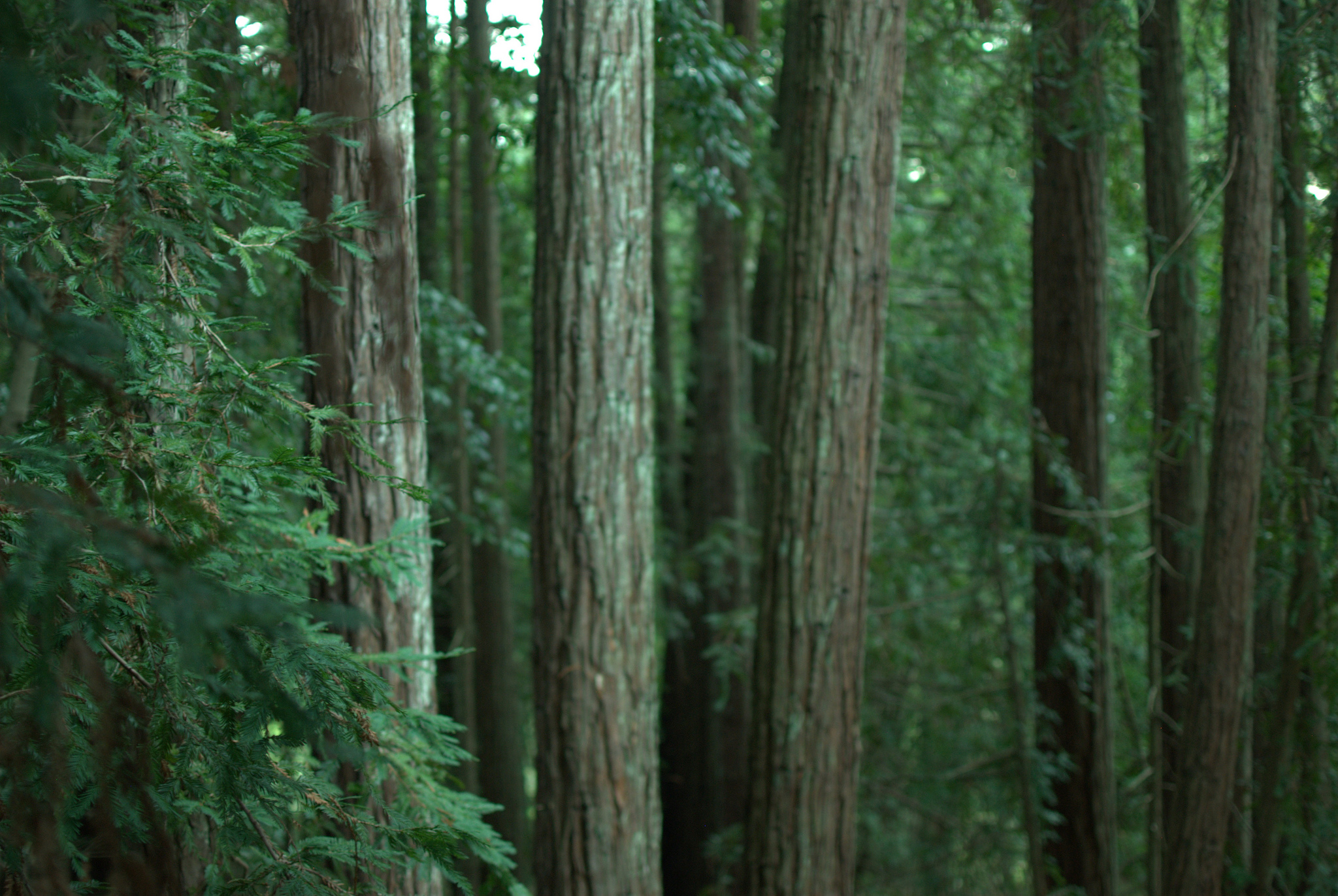
Healthy Forests Promoted Under California Cap-and-Trade
April marked a milestone for forest carbon projects when the California Air Resources Board issued the first forest carbon offsets to a project developed under their forestry protocol.
The Yurok Tribe Sustainable Forest Project improves forest management on approximately 8,000 acres of tribal land in Humboldt County. By registering the project and selling carbon offsets in California’s cap-and-trade system, the Yurok Tribe has made a long-term legal commitment to not only maintain forest carbon stocks, but to increase storage of carbon through improved forest management. These practices enable sustainable timber production, and promote preservation of cultural values and ecological function. Improved management is also key to preserving important habitat for Coho and Chinook salmon, with additional benefits to other imperiled species.
“This forest carbon project enables the Tribe to help transition these acres back into a tribally managed natural forest system where wildlife and cultural resources like tanoak acorns, huckleberry, and hundreds of medicinal plants will thrive,” said Thomas P. O’Rourke, Sr. Chairman of the Yurok Tribe, as reported by Gloria Gonzalez in Ecosystem Marketplace.
The sustainable forest project is notable as a pioneer in this sector; demonstrating the complex and varied demands we place on forests. The project also exemplifies the important role carbon finance can play to diversify revenue and to tip the balance toward sustainable management with both local and global benefits.
We need healthy forests. The U.S. Environmental Protection Agency reports that the U.S. forest products industry produces $200 billion in sales each year and employs about one million workers. At the same time, healthy, ecologically sound forests are among our most important carbon reservoirs; removing CO2 from the atmosphere and storing it for the long term, ultimately helping to lower emissions globally.
While the verification of this project is a critical step in the maturation and growth of the young California carbon market, voluntary carbon market standards continue to play a vital role for forests. Although the Yurok project is the first project to produce offsets under the compliance protocol, other forestry projects, called Early Action projects, have already been issued California Compliance Offsets by converting offsets that were first generated and qualified under voluntary standards.
All together, the Yurok project and Early Action projects (with offsets issued by the Air Resources Board) currently only cover about 67,000 acres of forest. While other Early Action and compliance projects are working their way through the carbon market process, well over 750 million acres of forest in the U.S. alone face multiple demands that can lead to forest degradation and loss.
Diverse options that can support improved management and conservation are needed. There is also a need for innovative and quality standards that open the market’s potential to serve new groups or that streamline participation by small forest owners. Protocols of this kind are being developed and vetted under the American Carbon Registry, Climate Action Reserve, and Verified Carbon Standard. Globally, carbon finance from varied standards impacted nearly 28 million acres of forests in 2012.
Carbon markets, like forest management, require balancing many demands. Considerations include environmentalists’ need for assurance of scientific rigor and environmental integrity of offsets, as well as ensuring that project transaction costs and management requirements are not so rigid that they prevent adoption of improved systems supported by carbon finance. It’s not an easy balance, but by bringing together diverse voices, and learning from successful projects and challenges in carbon markets, more good, innovative forest projects can take root, branch out, and grow.
The Climate Trust is committed to partnering with both quality voluntary and compliance carbon offset projects to advance these scalable solutions for the betterment of our forests and planet.